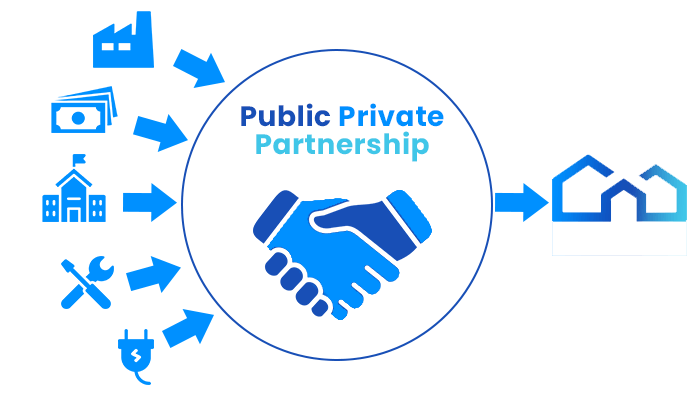Report analyzes PPP regulatory landscapes across 140 economies and suggests a significant correlation between regulatory reforms relating
to PPPs and PPP infrastructure investments.
PPP is an approach under which public services are delivered by private sector (both non‐profit and for‐profit organizations) while
responsibility for providing resources rests with the government

Key Highlights of the report
Public Fiscal Management System (PFMS): Only 19 economies have adopted specific provisions for budgeting, reporting, and accounting, and only 18 economies publicly disclose PPP liabilities. Robust PFMS helps mitigate potential financial sustainability challenges that a distressed or cancelled PPP could create.
Monitoring and Evaluation: Only 37% of the economies require payments linked to performance.
Renegotiation of PPP contracts: Expressly regulated by ~90% surveyed economies with the issue of changes in risk allocation explicitly addressed in
only 19% of the economies.
Existing PPP Regulatory Framework in India
Private Investment Unit under Department of Economic Affairs (Union Ministry of Finance): Responsible for policy-level matters concerning PPPs. PPP Vertical under NITI Aayog: Makes policy-level recommendations towards the standardisation of PPP documents. It is also steering recycling and monetisation of core infrastructure assets to unleash ‘creative destruction’. Kelkar Committee (2015) Recommendations on PPP
Establish Independent Sectoral Regulators: To ensure harmonized performance in sectors going in for PPP.
Discourage unsolicited proposals (Swiss Challenge): To address information asymmetry and lack of transparency. Establish National Facilitation Committee to ensure time-bound resolution of issues including getting timely clearances.
What Are Public-Private Partnerships?
Public-private partnerships involve collaboration between a government agency and a private-sector company that can be used to finance, build, and operate projects, such as public transportation networks, parks, and convention centers. Financing a project through a public-private partnership can allow a project to be completed sooner or make it a possibility in the first place.
Public-private partnerships often involve concessions of tax or other operating revenue, protection from liability, or partial ownership rights over nominally public services and property to private sector, for-profit entities.
Challenges to PPP in India
Financial: Aggressive bidding and project underpricing, inadequate ‘creative destruction’, project delays resulting in cost overruns, etc.
Capacity and procedural challenges: Inadequate management capacity of public sector, delays in obtaining requisite clearances such as Environmental
Impact Assessments, etc.
Regulatory and Institutional gaps: Absence of comprehensive National PPP policy, inadequate information availability and reliability about private sector
service providers, etc